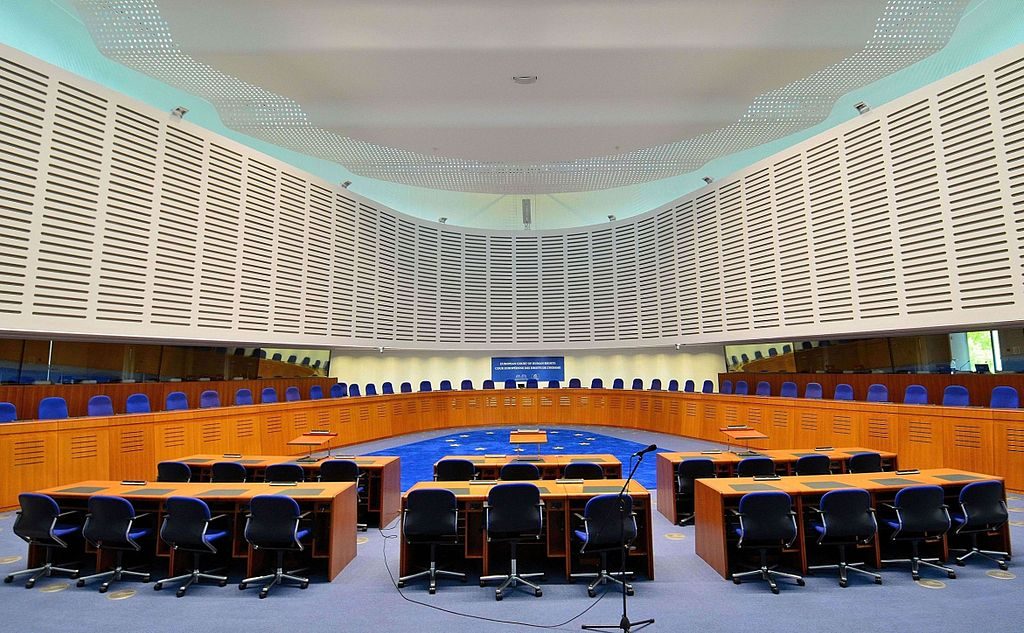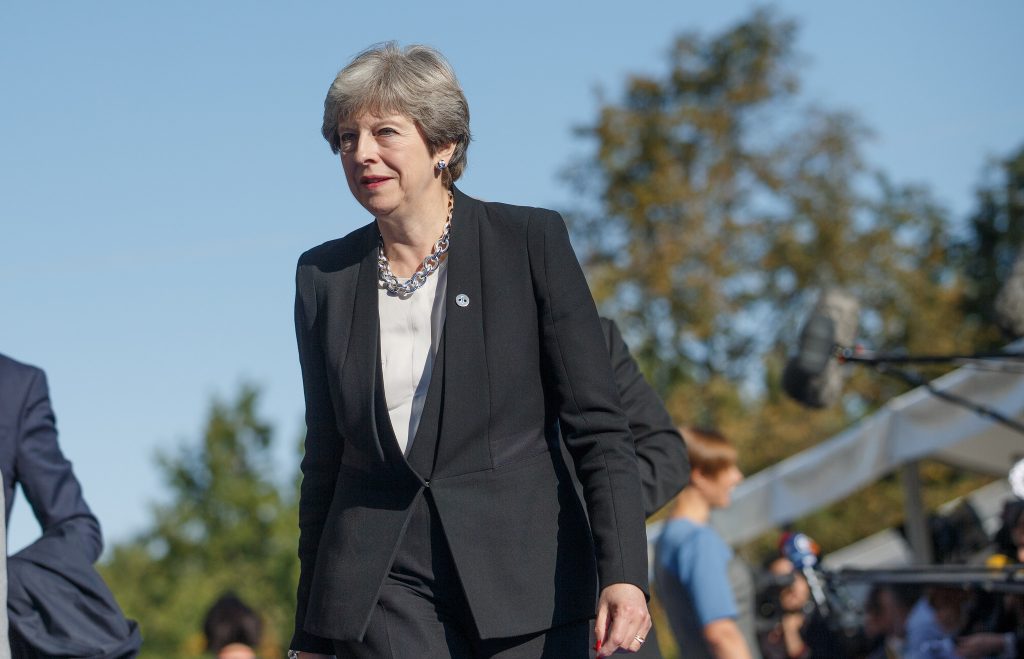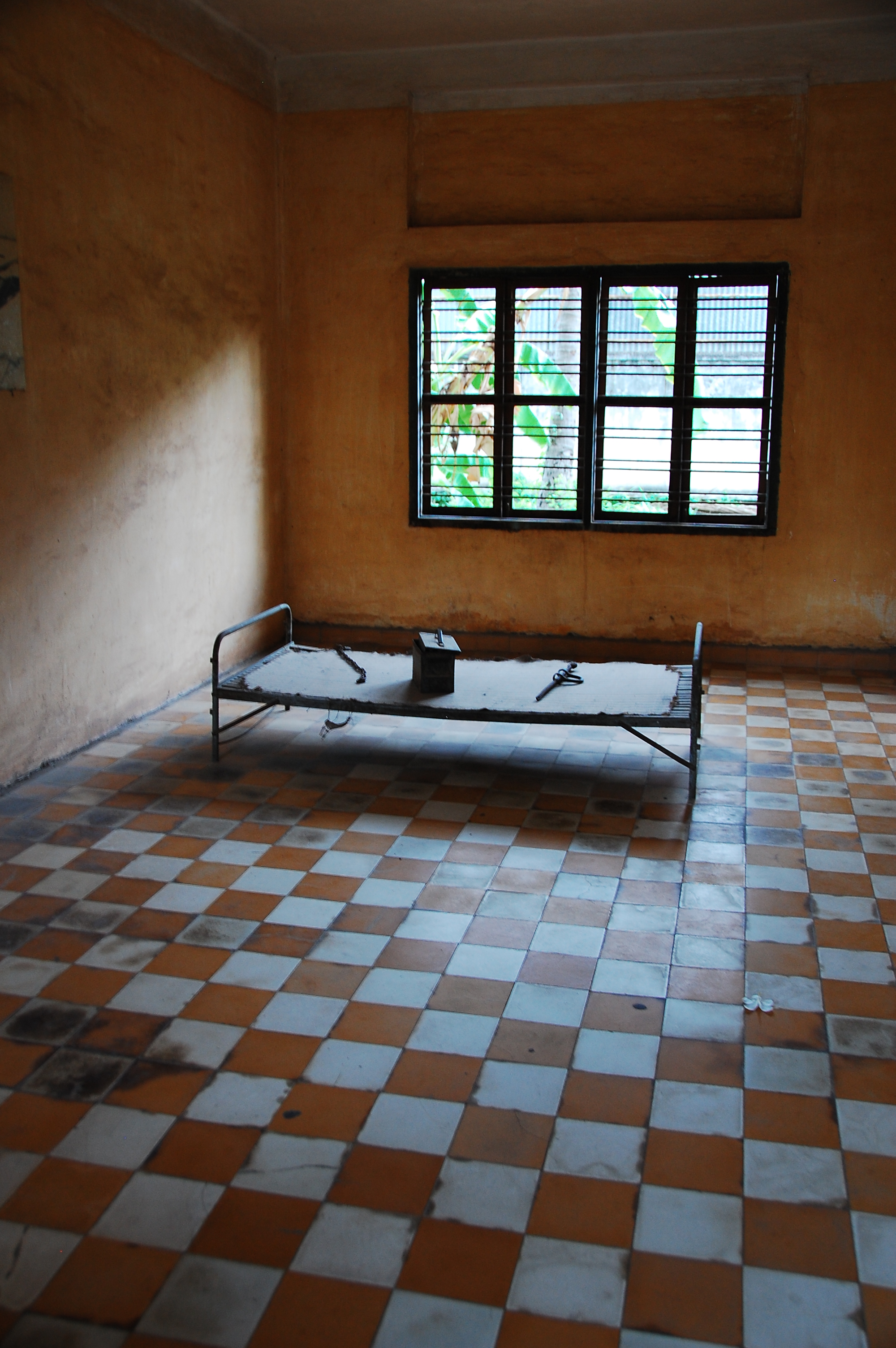UN experts are calling for the UK government to launch an independent inquiry into its alleged involvement in torture since 9/11.
The UN Committee Against Torture has demanded that the government hold a judge-led inquiry in a report of recommendations it released today (May 17).
The call comes after two reports by Parliament’s Intelligence and Security Committee (ISC) found 19 allegations that UK personnel committed acts of torture.
Also among the findings were two instances where UK personnel “directly engaged in the mistreatment of a detainee by others”, as well as 198 instances where UK officers received intelligence from prisoners they knew were being mistreated.
In its report, the Committee said that it regrets the UK’s failure to establish an independent judge-led inquiry “despite previous assurances”.
“The Committee notes with concern that the ISC’s inquiry was prematurely closed due to lack of access to key evidence, as the UK government refused to provide access to witnesses from the State party’s intelligence agencies,” it added, meaning that the shocking findings may only be the tip of the iceberg.
The report calls on the government to “establish without further delay an inquiry on alleged acts of torture and other ill-treatment of detainees held overseas committed by, at the instigation of or with the consent or acquiescence of British officials”.
What Torture Allegations Does the UK Government Face?

Image Credit: Pixabay
The ISC released two reports in June last year – one into Detainee Mistreatment and Rendition from 2001-2010 and another focussing on the guidance given to intelligence officers.
The key findings by the ISC include:
- 19 allegations that UK personnel themselves committed acts of torture.
- At least 2 instances where UK personnel “directly engaged in the mistreatment of a detainee by others”.
- At least 232 cases where UK personnel “continued to supply questions or intelligence to liaison services after they knew or suspected [or should have suspected] that a detainee had been or was being mistreated”.
- 198 occasions where UK officers received intelligence from detainees they knew were being mistreated, and 128 occasions of receiving intelligence after being told of mistreatment by foreign partners.
- Extensive efforts by UK intelligence agencies to block reporting of incidents of mistreatment, including attempts to keep evidence from reaching the ISC during its previous investigations.
- Evidence that suggests Government officials in one case successfully blocked criminal investigations of breaches of the Geneva Conventions.
What Protection Does Human Rights Law Offer Against Torture?

Image Credit: Adrian Grycuk/Wikimedia
Article 3 of the Human Rights Convention prohibits torture and inhuman and degrading treatment or punishment – it is one of our most fundamental rights. The UN Convention Against Torture, which the UK signed up to in 1988, obliges parties to criminalise torture under their domestic law. It defines torture as an act by which severe pain and suffering, whether physical or mental, is intentionally inflicted on someone for the purposes of obtaining information, for punishment or intimidation.
The right to be free from torture is absolute, meaning that it is never justifiable to torture someone, whatever the circumstances.
Inhuman or degrading treatment is also prohibited:
- Treatment is considered inhuman when it causes intense physical or mental suffering.
- Treatment or punishment is degrading if it humiliates and debases a person beyond that which is usual from punishment.
Article 3 of the Human Rights Convention requires governments to conduct official, effective investigations into credible allegations of serious ill-treatment by public officials and to take positive steps to prevent it.
UK courts and tribunals cannot rely on evidence obtained through torture, no matter which country it took place.
The Human Rights Convention and the Convention Against Torture also prevent the government from deporting or extraditing people to another country where they would likely face torture.
‘320 Days And Counting’

Image Credit: EU2017eEE/Flickr
Seven human rights campaign groups – including Freedom from Torture, Liberty and Redress – have released a joint statement in the wake of the Committee’s report.
“The government must finally take the necessary actions to get to the bottom of this shameful period in UK history, having for so long and repeatedly refused to do so,” it reads.
“Instead of facing up to the need for transparency and accountability, the UK Government has repeatedly broken its own deadlines for making an announcement on a torture inquiry.
It adds: “Despite promising Parliament on 2 July 2018 that it would ‘update the House within 60 days’ on whether or not it would call such an inquiry, these 60 days came and went, and we are now at 320 days and counting.”
The groups call on the government to “live up to the reputation it sets itself as a global leader in the fight against torture and other ill-treatment, and make clear that torture will never again be tolerated.”
The Ministry of Defence and the Cabinet Office have been contacted for comment.







